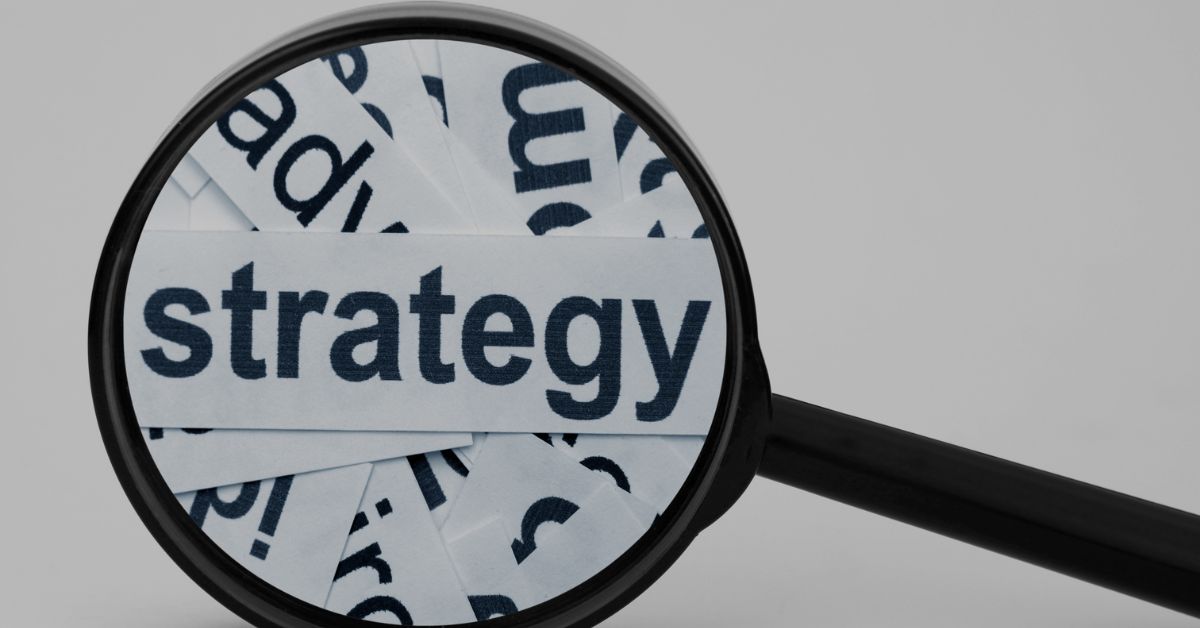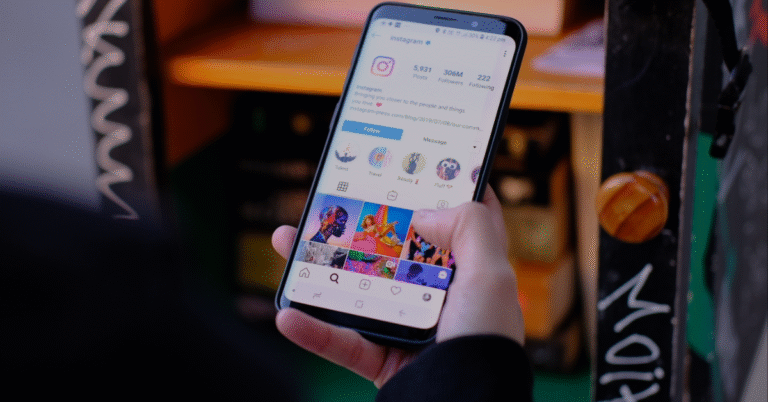Are you ready to take your small business to the next level? Finding the right digital marketing strategies can feel overwhelming, but it doesn’t have to be.
Imagine reaching more customers, boosting your sales, and growing your brand without spending a fortune. You’ll discover simple yet powerful tactics designed specifically for small businesses like yours. Keep reading to unlock practical tips that can make a real difference—because your success starts with smart marketing moves you can put into action today.
Effective Seo Techniques
Effective SEO techniques help small businesses get found online. SEO improves website visibility and attracts more visitors. These techniques focus on making websites easier to find on search engines like Google. Using simple, clear methods can boost your site’s rankings and bring local customers.
Keyword Research Tips
Start with keywords your customers use. Think about common questions or problems they have. Use free tools like Google Keyword Planner or Ubersuggest. Find keywords with low competition but good search volume. Include long-tail keywords. These are longer phrases that are easier to rank for. Check competitor websites to see what keywords they target. Update your list regularly to stay relevant.
On-page Seo Basics
Make sure each page has a clear title with your main keyword. Write simple meta descriptions to describe the page. Use headings (H1, H2) to organize content well. Include keywords naturally in the text, not too much. Add alt text to images with relevant words. Improve page loading speed by optimizing images and minimizing code. Ensure your website works well on mobile devices. This helps visitors stay longer and search engines rank higher.
Local Seo Strategies
Claim your Google My Business listing. Add accurate business details like address and phone number. Encourage customers to leave reviews. Respond to reviews politely. Use local keywords, such as your city or neighborhood, in your content. Create location pages if your business serves multiple areas. List your business in local directories. Local SEO helps people nearby find your business quickly.
Social Media Marketing
Social media marketing helps small businesses reach more people easily. It builds brand awareness and connects with customers directly. Social platforms offer many tools to share your message and attract followers. Using social media well can grow your business steadily.
Choosing The Right Platforms
Not every social platform fits every business. Choose platforms where your customers spend time. Facebook suits broad audiences and local businesses. Instagram works well for visual products and younger users. LinkedIn fits B2B companies and professional services. Focus your efforts on two or three platforms for best results.
Content Creation Ideas
Post content that interests your audience. Share tips, how-to guides, and behind-the-scenes stories. Use photos and short videos to catch attention. Customer testimonials and reviews build trust. Ask questions or run polls to involve followers. Keep posts clear, simple, and useful.
Engagement And Growth Tactics
Reply quickly to comments and messages. Join conversations related to your business topic. Host contests or giveaways to attract new followers. Collaborate with local influencers or other small businesses. Post regularly and at times your audience is active. Track your progress and adjust strategies often.
Email Marketing Tactics
Email marketing remains one of the strongest tools for small businesses. It helps build trust and keeps customers informed. Smart email tactics boost sales and brand loyalty. Focus on quality and relevance for better results.
Building A Quality List
Start with gathering emails from people who want to hear from you. Use signup forms on your website and social media. Offer something useful, like a discount or free guide. Avoid buying email lists; they bring low engagement. A smaller, engaged list works better than a large, inactive one.
Crafting Compelling Emails
Write clear and simple subject lines that catch attention. Make the email content helpful and to the point. Use short paragraphs and bullet points for easy reading. Include a clear call to action, like “Shop Now” or “Learn More.” Personal touches make emails feel friendly and less like spam.
Automation And Personalization
Set up automatic emails for welcomes, birthdays, or special offers. Automation saves time and keeps your brand in customers’ minds. Personalize emails by using the recipient’s name and preferences. Tailored messages increase open rates and clicks. Use data to send relevant content at the right time.
Content Marketing Approaches
Content marketing is a key way for small businesses to attract and keep customers. It builds trust and shows expertise. Using different types of content can reach more people and keep them interested.
Creating useful and clear content helps businesses grow online. It also improves search engine ranking, making the business easier to find.
Blogging For Business
Blogs help share useful information about products and services. They answer common questions and solve problems. This builds trust with potential customers.
Regular blog posts keep the website fresh and active. Search engines like new content, which helps with ranking. Blogs also give businesses a chance to show their personality and values.
Video Content Benefits
Videos grab attention and explain ideas quickly. They can show how products work or share customer stories. Videos make the message clear and easy to understand.
People watch videos more than they read text online. This increases the chance that viewers will remember the business. Short videos work well for social media and ads.
Using Infographics Effectively
Infographics show data and information in a simple way. They combine pictures and text to explain complex ideas quickly. This makes content easy to share and understand.
Good infographics attract visitors and keep them on the site longer. They also get shared on social media, increasing visibility. Use clear visuals and keep text brief for best results.
Paid Advertising Options
Paid advertising helps small businesses reach more customers fast. It puts your message in front of people who need your products or services. You can choose many platforms to advertise online. Each has different ways to target and spend your money. Knowing the basics of paid ads helps you get better results. Spending wisely makes every dollar count.
Google Ads Basics
Google Ads shows your ads on search results and other websites. You pick keywords that your customers type in. When someone searches those words, your ad appears. You pay only when people click your ad. It helps drive traffic to your website quickly. You can set daily budgets and control who sees your ads. Google Ads also lets you track which ads work best.
Social Media Ads
Social media platforms like Facebook, Instagram, and LinkedIn offer paid ads. These ads appear in users’ feeds or stories. You can target ads by age, location, interests, and behavior. Social media ads build brand awareness and engagement. They work well for small businesses with specific audiences. You can use images, videos, or slideshows to attract attention. Testing different ads helps find what your audience likes.
Budget Management Tips
Set a clear budget before starting any ad campaign. Track your spending daily to avoid overspending. Focus on ads that bring the best results. Pause or stop ads that do not perform well. Use small budgets to test new ideas first. Increase spending on ads that show good returns. Keep your goals simple and realistic to manage costs better.
Analytics And Tracking
Analytics and tracking help small businesses understand how their digital marketing works. They show which efforts bring customers and which do not. This knowledge allows smart decisions to improve results over time.
Data from tracking tools gives clear insights. It shows what users do, which pages they visit, and how they interact. This information helps to focus on strategies that truly matter.
Measuring Campaign Success
Measuring success means checking if a campaign meets its goals. Look at clicks, sales, and conversions. These numbers reveal if your ads or posts attract attention and action.
Track how many people visit your site from each campaign. Watch how long they stay and what they do. This data helps you see which messages work best.
Tools For Small Businesses
Many easy-to-use tools help track digital marketing efforts. Google Analytics is free and popular. It shows website traffic, user behavior, and conversion rates.
Other tools like Facebook Insights and Mailchimp reports give campaign details. These tools do not need expert skills and fit small business budgets.
Adjusting Strategies Based On Data
Data shows what works and what does not. Use this to change your marketing plans. Stop spending on ads that bring few customers.
Focus more on channels and messages that give better results. Test new ideas and compare their performance. Keep improving to get the best results.

Frequently Asked Questions
What Are The Most Effective Digital Marketing Strategies?
Effective strategies include SEO, social media marketing, email campaigns, and content marketing. These help increase visibility, engage audiences, and boost sales for small businesses.
How Can Small Businesses Improve Online Presence?
Small businesses can improve online presence by optimizing their website for SEO, engaging on social media, and posting relevant content regularly. Consistency and quality are key to attracting and retaining customers online.
Why Is Social Media Important For Small Businesses?
Social media builds brand awareness, drives traffic, and fosters customer engagement. It offers affordable advertising options and direct communication with customers, making it essential for small business growth.
How Does Email Marketing Benefit Small Businesses?
Email marketing nurtures customer relationships and promotes products cost-effectively. It allows personalized communication and drives repeat sales, making it a valuable tool for small business marketing.
Small businesses grow best with clear, simple digital marketing plans. Use social media to reach local customers easily. Focus on creating helpful content that answers common questions. Email marketing keeps your audience connected and informed. Track your results to see what works and change what does not.
Consistency helps build trust and brand recognition. Small steps every day bring steady progress. Keep learning and adapting to stay ahead. Your efforts will pay off with time and patience.








